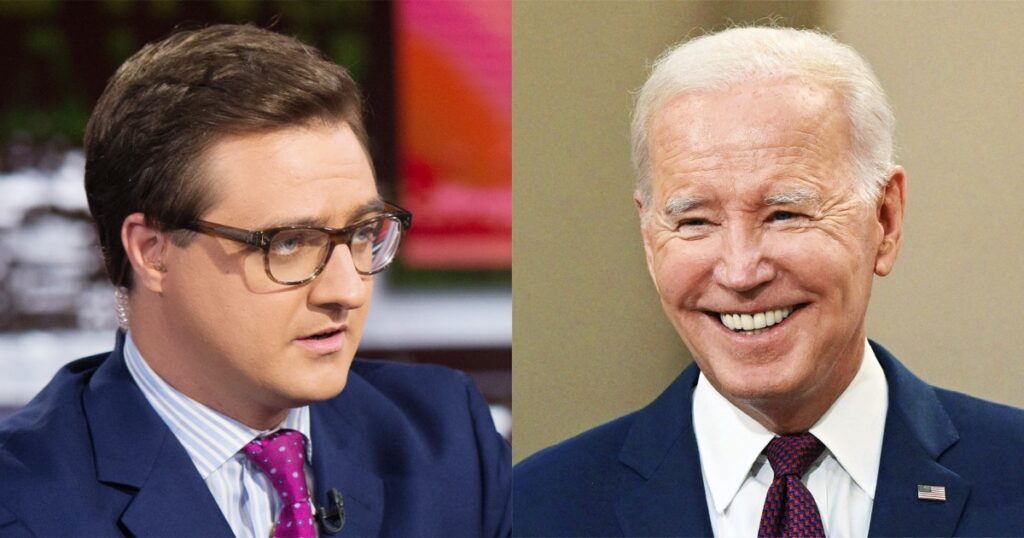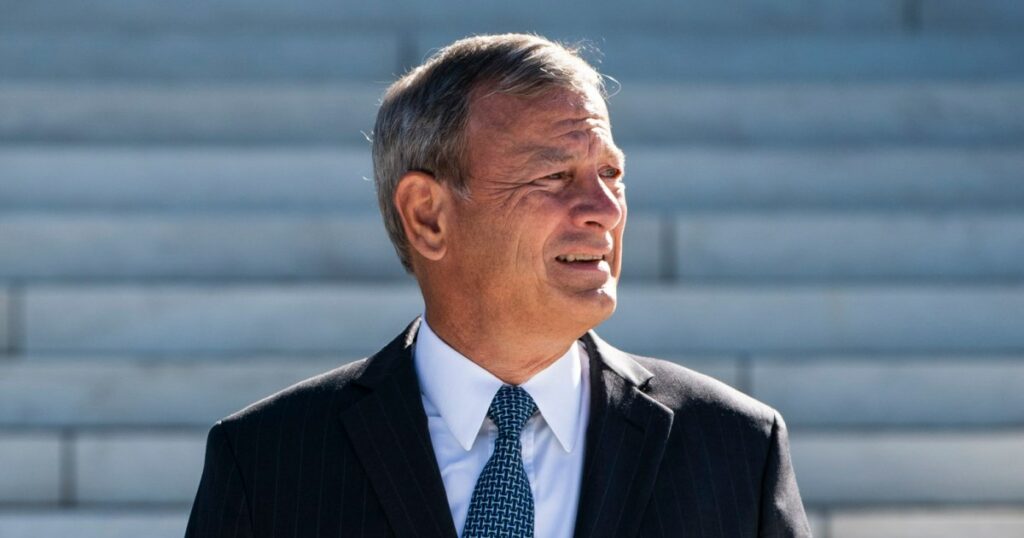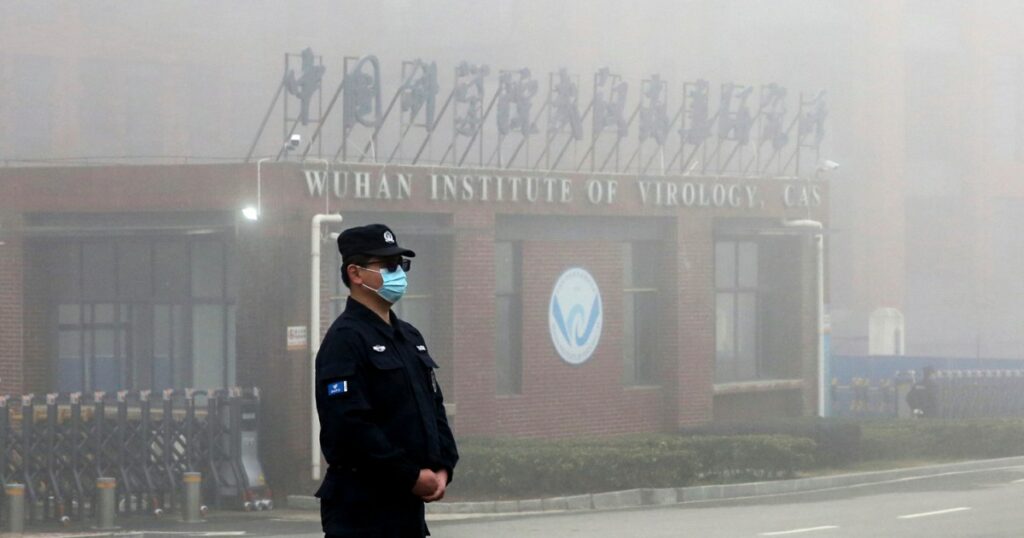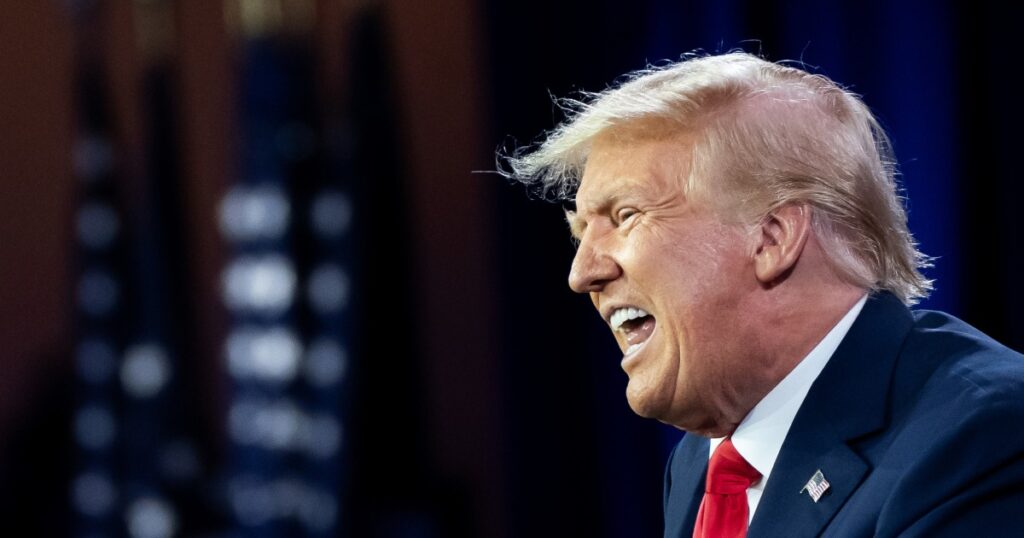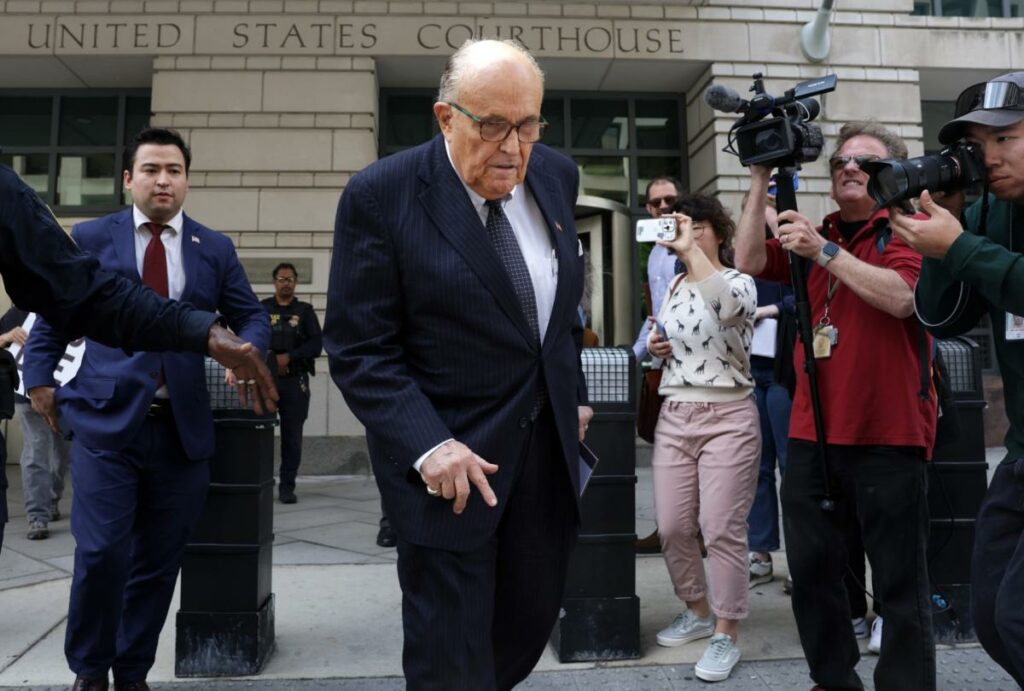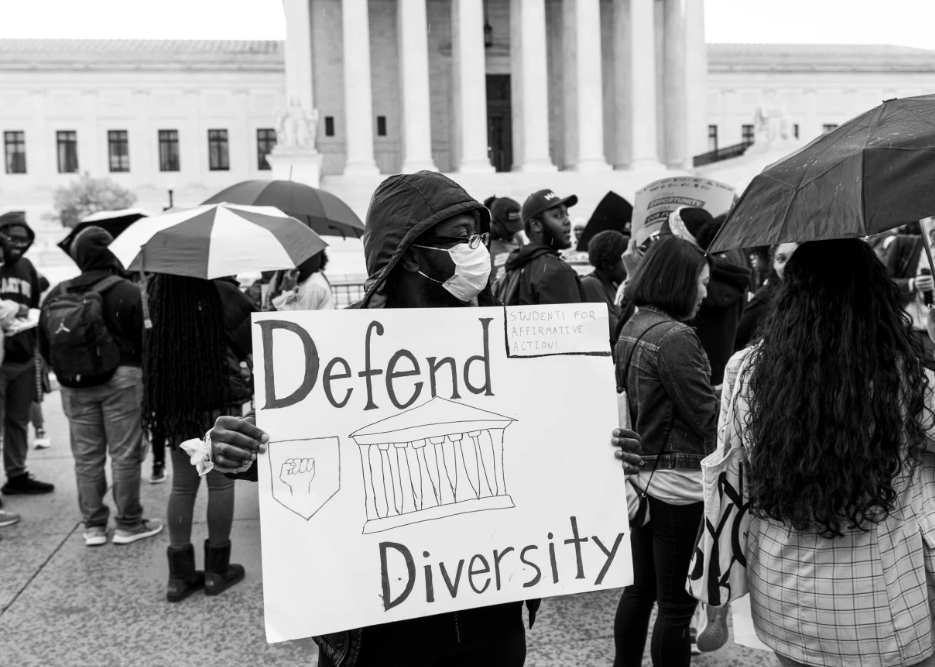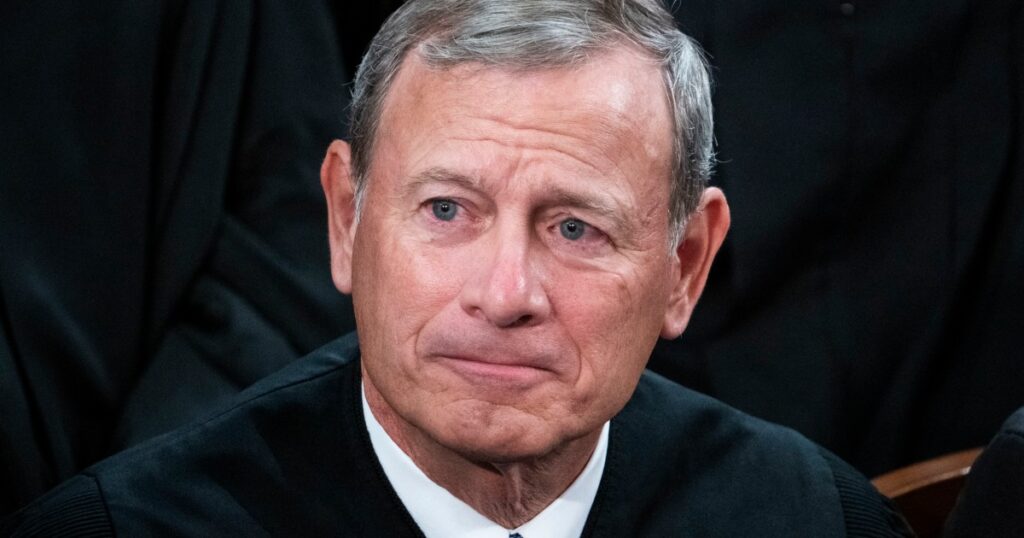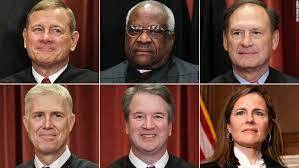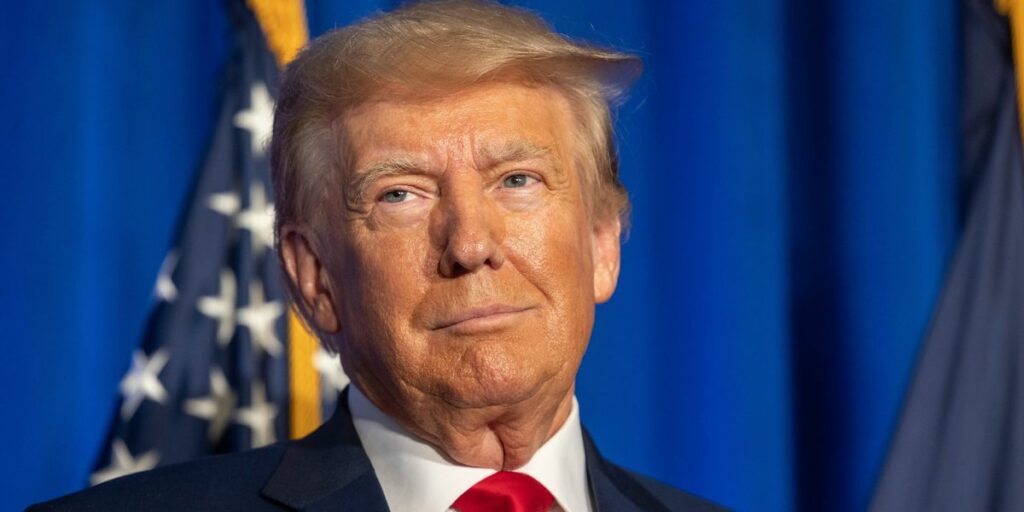Unveiling the Paradox: The Biden Economy Thrives, Yet Voters Remain Skeptical
In the wake of the global pandemic and a tumultuous political landscape, the United States finds itself at a crossroads. With the inauguration of President Joe Biden, the nation has witnessed a remarkable turnaround in its economic fortunes. However, despite the positive indicators and promising growth, a paradoxical sentiment persists among voters – skepticism.
The Biden administration inherited an economy in disarray, ravaged by the COVID-19 pandemic. The initial response was swift and decisive, with the passage of the American Rescue Plan Act, injecting trillions of dollars into the economy. This bold move provided much-needed relief to struggling businesses, individuals, and families, and set the stage for a remarkable recovery.
The impact of these measures has been undeniable. The stock market has soared to record highs, unemployment rates have plummeted, and GDP growth has exceeded expectations. The economy is on a trajectory of robust expansion, with sectors such as manufacturing, construction, and technology leading the way. The Biden administration’s commitment to infrastructure investment and clean energy initiatives has also garnered praise from economists and industry experts.
So, why then do voters remain skeptical? The answer lies in the complex interplay of politics, perception, and personal experiences. Despite the overall positive economic indicators, many Americans still feel the pinch of rising prices, particularly in essential goods and services. Inflationary pressures, supply chain disruptions, and labor shortages have contributed to a sense of unease among voters.
Furthermore, the political polarization that has gripped the nation in recent years plays a significant role in shaping public opinion. Supporters of the previous administration, who remain unconvinced of President Biden’s policies, are more likely to view the economic recovery with skepticism. The narrative of a “jobless recovery” and concerns over the national debt have also fueled doubts among conservative voters.
Another factor contributing to the paradox is the lingering effects of the pandemic. While the economy has rebounded strongly, the scars of the crisis are still visible. Many small businesses have shuttered, and millions of Americans continue to grapple with financial insecurity. The uneven distribution of economic gains has left some feeling left behind, leading to a sense of disillusionment.
To address this paradox, the Biden administration must focus on effective communication and tangible results. Transparent and clear messaging about the progress made and the challenges that lie ahead is crucial. The administration should also prioritize policies that directly address the concerns of skeptical voters, such as tackling inflation, supporting small businesses, and ensuring equitable access to economic opportunities.
Moreover, building trust and fostering bipartisan cooperation will be essential in bridging the political divide. The administration should actively engage with critics, listen to their concerns, and seek common ground where possible. By demonstrating a commitment to inclusive governance and evidence-based decision-making, the Biden administration can begin to win over skeptical voters.
In conclusion, the Biden economy is undeniably thriving, with impressive growth and positive indicators. However, the paradox of voter skepticism persists, driven by a combination of economic realities, political polarization, and the lingering effects of the pandemic. To overcome this paradox, the administration must prioritize effective communication, address the concerns of skeptical voters, and foster bipartisan cooperation. Only through these efforts can the nation move forward towards a more united and prosperous future.
The Biden Economy Thrives, but Voters Remain Skeptical: Unveiling the Paradox
Introduction
Since assuming office in January 2021, President Joe Biden has made significant strides in revitalizing the American economy. With ambitious plans to address the COVID-19 pandemic, stimulate job growth, and invest in infrastructure, the Biden administration has implemented policies aimed at fostering economic recovery. Despite these positive developments, a paradox has emerged – the economy thrives, but voters remain skeptical. This article aims to delve into this paradox, exploring the reasons behind voter skepticism despite the apparent success of the Biden economy.
The Biden Economy: A Success Story
The Biden administration inherited an economy grappling with the devastating effects of the COVID-19 pandemic. However, through a combination of fiscal stimulus measures, vaccination campaigns, and targeted policies, the economy has rebounded impressively. The GDP growth rate has surged, unemployment rates have declined, and consumer confidence has reached pre-pandemic levels. The administration’s commitment to infrastructure investment and green energy initiatives has also generated optimism, with promises of job creation and sustainable economic growth.
Skepticism Amidst Success
Despite the positive indicators, a significant portion of the American electorate remains skeptical of the Biden economy. This skepticism can be attributed to several factors.
Firstly, political polarization plays a crucial role. In a deeply divided nation, voters’ opinions are often shaped by their political affiliations. Republicans, in particular, have been critical of the Biden administration’s economic policies, arguing that increased government spending will lead to inflation and burden future generations with excessive debt. This partisan lens colors the perception of the economy, leading to skepticism among Republican voters.
Secondly, the speed of economic recovery has raised eyebrows. While the Biden administration can take credit for the positive economic indicators, some voters question the sustainability of this growth. Concerns about potential inflationary pressures, supply chain disruptions, and the long-term consequences of massive government spending have fueled doubts about the durability of the economic rebound.
Furthermore, the ongoing COVID-19 pandemic continues to cast a shadow of uncertainty. Despite progress in vaccination campaigns, the emergence of new variants and the potential for future waves of infections remain a cause for concern. This uncertainty translates into voter skepticism, as individuals question the stability of the economy in the face of a persistent health crisis.
Lastly, the communication gap between the Biden administration and the public has contributed to voter skepticism. While the administration has made efforts to highlight the positive economic developments, the messaging has not resonated with all Americans. The complex nature of economic policies, coupled with the challenge of effectively communicating their impact, has left some voters feeling disconnected from the economic success story.
Conclusion
The Biden economy has undeniably thrived, with impressive growth rates, declining unemployment, and renewed consumer confidence. However, the paradox of voter skepticism persists. Political polarization, concerns about the sustainability of growth, the ongoing pandemic, and communication gaps have all contributed to this skepticism. Addressing these concerns will be crucial for the Biden administration to bridge the gap between economic success and public perception. By engaging in bipartisan dialogue, providing transparent information, and ensuring the long-term viability of economic policies, the administration can work towards building trust and dispelling the paradox that currently surrounds the Biden economy.

